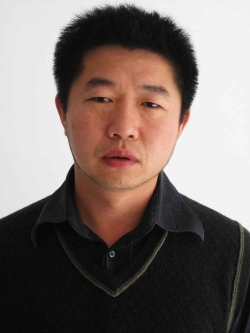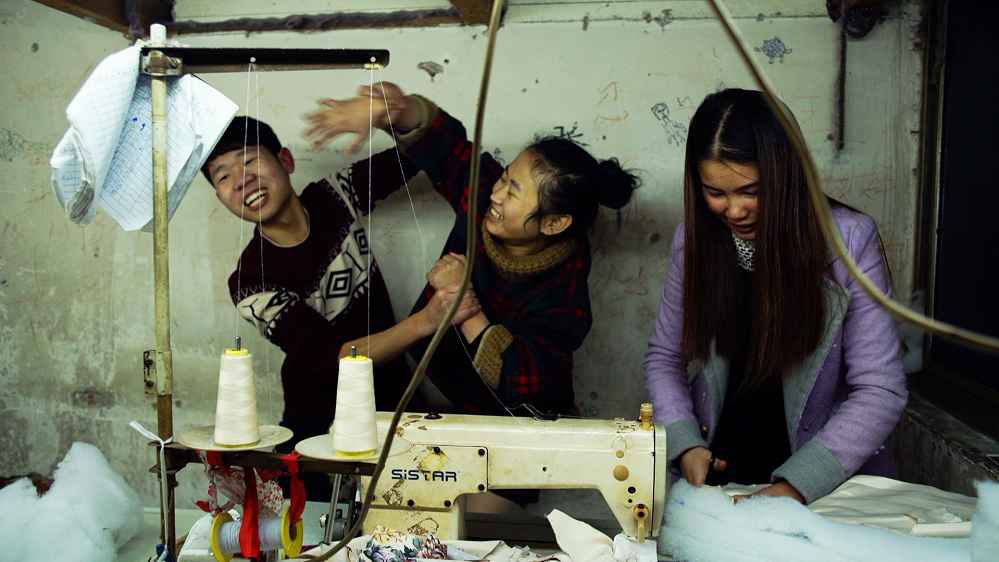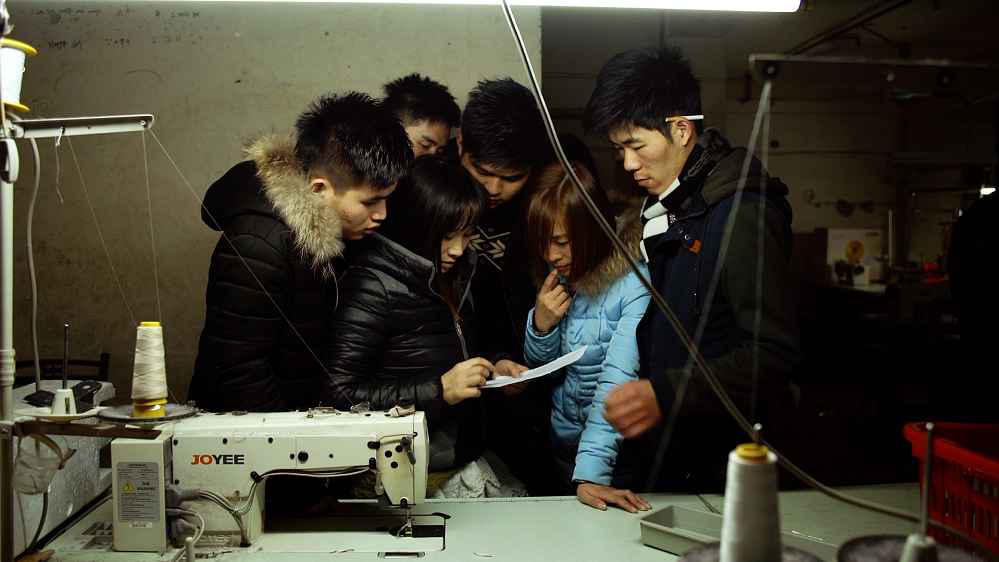Youth (Spring)
Young rural workers come from all along the Yangtze River to Zhili, 150 km from Shanghai, to work in the textile industry. They are in their early twenties, live together in dormitories, and snack in the corridors. They work tirelessly to one day be able to raise a child, buy a house, or set up their own workshop. Friendships and love affairs come and go between them according to the seasons, bankruptcies, and family pressures.
Born in Xi’an, in 1967, Wang Bing studied photography at the Lu Xun Academy of Fine Arts, and cinematography at Beijing Film Academy. He began his career as an independent filmmaker in 1999. His directorial debut came with Tiexi District: West of the Tracks, a nine-hour documentary in three parts: Rust, Remnants, and Rails. In addition to his feature documentaries, he is also active in video installation (Crude Oil), fiction film (Brutality Factory, The Ditch), and photography. Acclaimed by critics and recognized as a major Chinese artist, and film director, he has been honored with retrospectives in major museums, such as the Centre Pompidou in Paris, the Cinémathèque Royale de Belgique, Filmoteca Española, and Museo Reina Sofía. In 2012, his Three Sisters won the best film award of the Orizzonti section of the Venice International Film Festival. In 2013, 'Til Madness Do Us Part opened out of competition at the same festival. In 2016, Bitter Money won the best script award of the Orizzonti section in Venice. In 2018, his encounters with the survivors of the anti-rightist movement and labor camps, presented in a nine-hour long feature, Dead Souls, opened at the Cannes International Film Festival as a Special Screening. In 2023, Youth (Spring) was invited in Competition at the Cannes Film Festival. The same year, Man In Black, his portrait of the Chinese composer, musician and Maestro, Wang Xilin, filmed by Caroline Champetier, screened as a Special Screening of the Cannes Film Festival.




